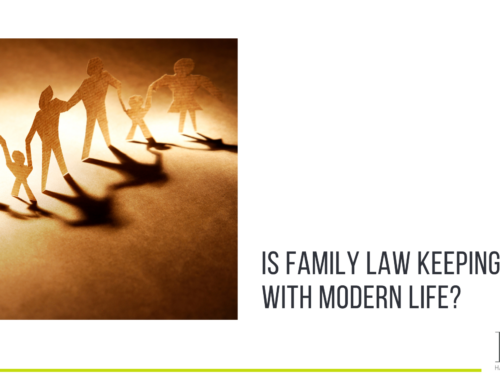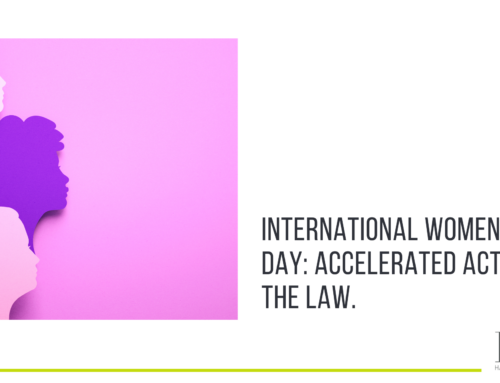No matter how bitter your separation, few people want to have their future decided by a Judge unless it is absolutely necessary and there are a number of ways to avoid going to court.
No two cases are ever exactly the same and the approach that suits one couple may not suit another. That’s why we discuss a range of different approaches and advise on the best way forward according to the circumstances of each family. The steps you take in the early stages of your divorce can also have an impact on how smooth the process is.
Is mediation an option?
A mediator can help a separated couple explore what is important to each of them and try to help them find a solution with which they are both comfortable. This can be effective if both have a willingness to compromise. However, a mediator does not necessarily have any legal training at all. Even if they do, they can’t give you any legal advice. We would always strongly recommend that a specialist family lawyer advises alongside the mediation process so that the agreement is workable from a legal perspective and meets the needs of both parties.
What if I’d rather not negotiate over money with my spouse directly?
Many people still prefer to have their lawyers negotiate the terms of the settlement so that they don’t have to talk money with their ex and they can concentrate on helping their children cope with the separation. This is particularly common where one party has been bullied in the marriage. We will help you through the process of exchanging financial information and then discuss the possible ways in which the property, money, income and pensions can be divided so that we can put forward proposals for settlement. We can do this through letters and emails, phone calls with the other lawyer and sometimes having a meeting with the lawyers, you and your ex so that we can discuss it all together. It depends on what works for you.
I have heard of Collaborative Family Law – what is this?
Discussions are within four-way meetings with you, your ex and your collaboratively trained lawyers. Each of you would instruct a collaboratively trained lawyer and enter into a contract to reach an agreement in that process. It can be a very constructive process where both of you retain a high degree of control over what is discussed and how the matter is resolved. Those that go through this process often come out the other side feeling very positive and able to work well with each other. However, it is not for everyone. If an agreement cannot be reached and court proceedings are required, you would both have to start again and instruct completely different lawyers.
What if we can’t agree?
If you cannot agree but prefer not to go to court, an arbitrator can be appointed. The arbitrator’s decision will be final and binding. It is also possible to use arbitration to deal with just a single issue if everything else is agreed. Both parties have to agree to the appointment of the arbitrator and the arbitrator’s fees have to be met by the parties. However, it can be much quicker and more focused than court proceedings and therefore more cost efficient overall.
To find out how Harrogate Family Law can help you, give us a call today for free on 01423 594680.

Emma Doughty is family lawyer who provides straightforward, easy to understand advice. She is passionate about helping people and using her expertise to achieve the best outcome possible. She has been described by her clients as “tremendous and incredibly supportive”.
Everyone’s circumstances are different and this article is provided by way of general information only and must not be relied upon. If you require legal advice on a family law issue, please feel free to contact us by emailing enquiries@harrogatefamilylaw.co.uk.






